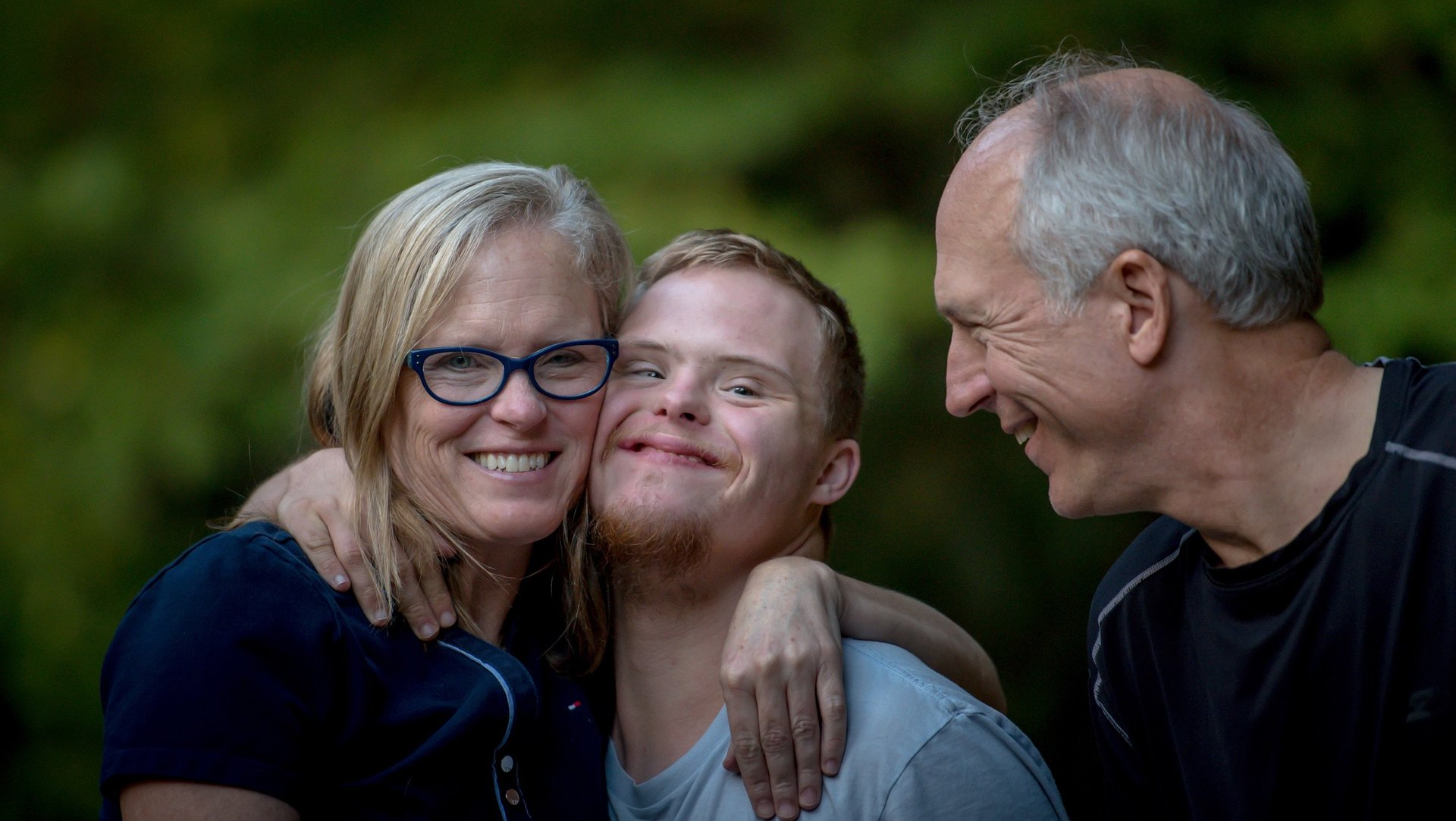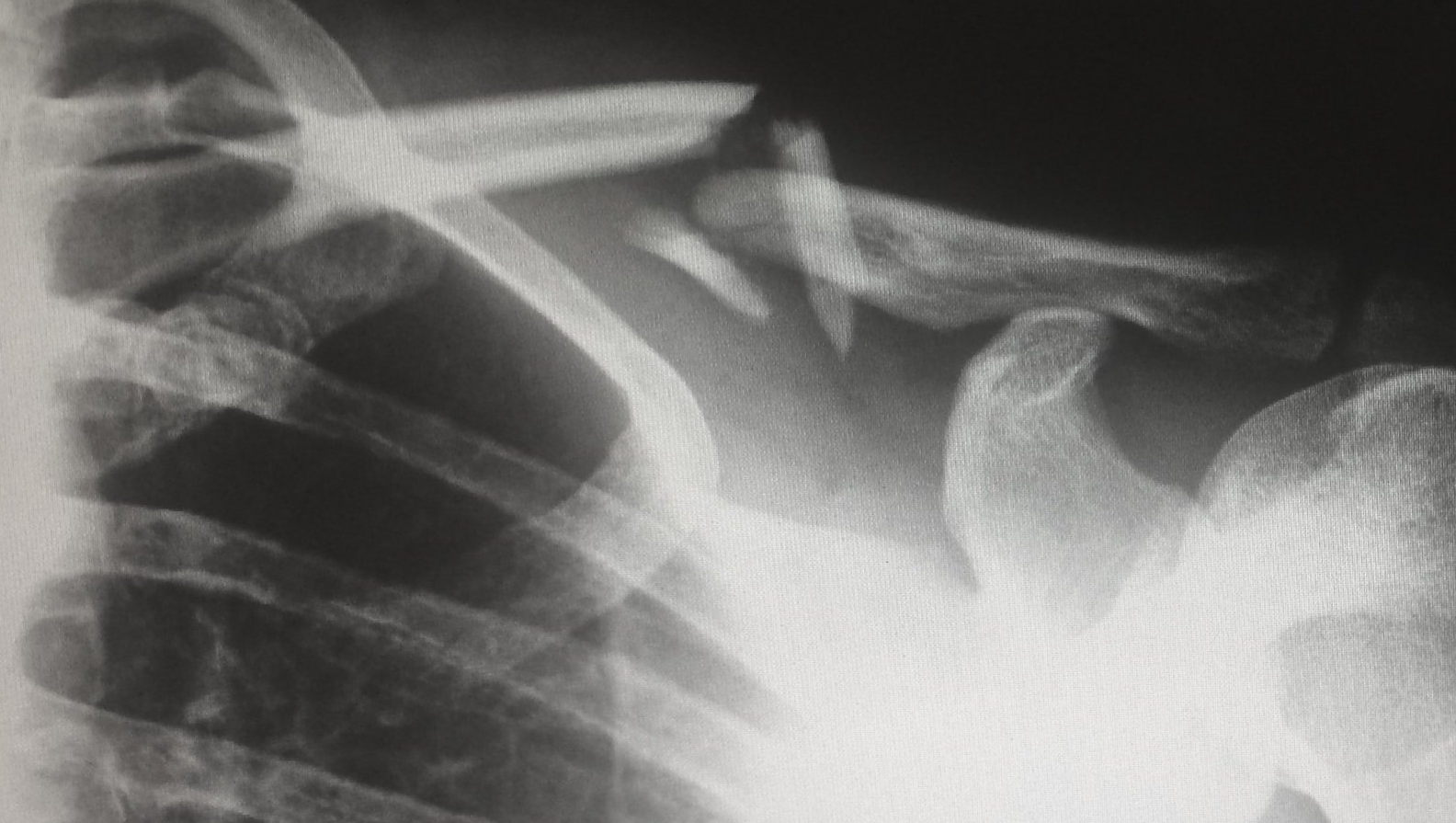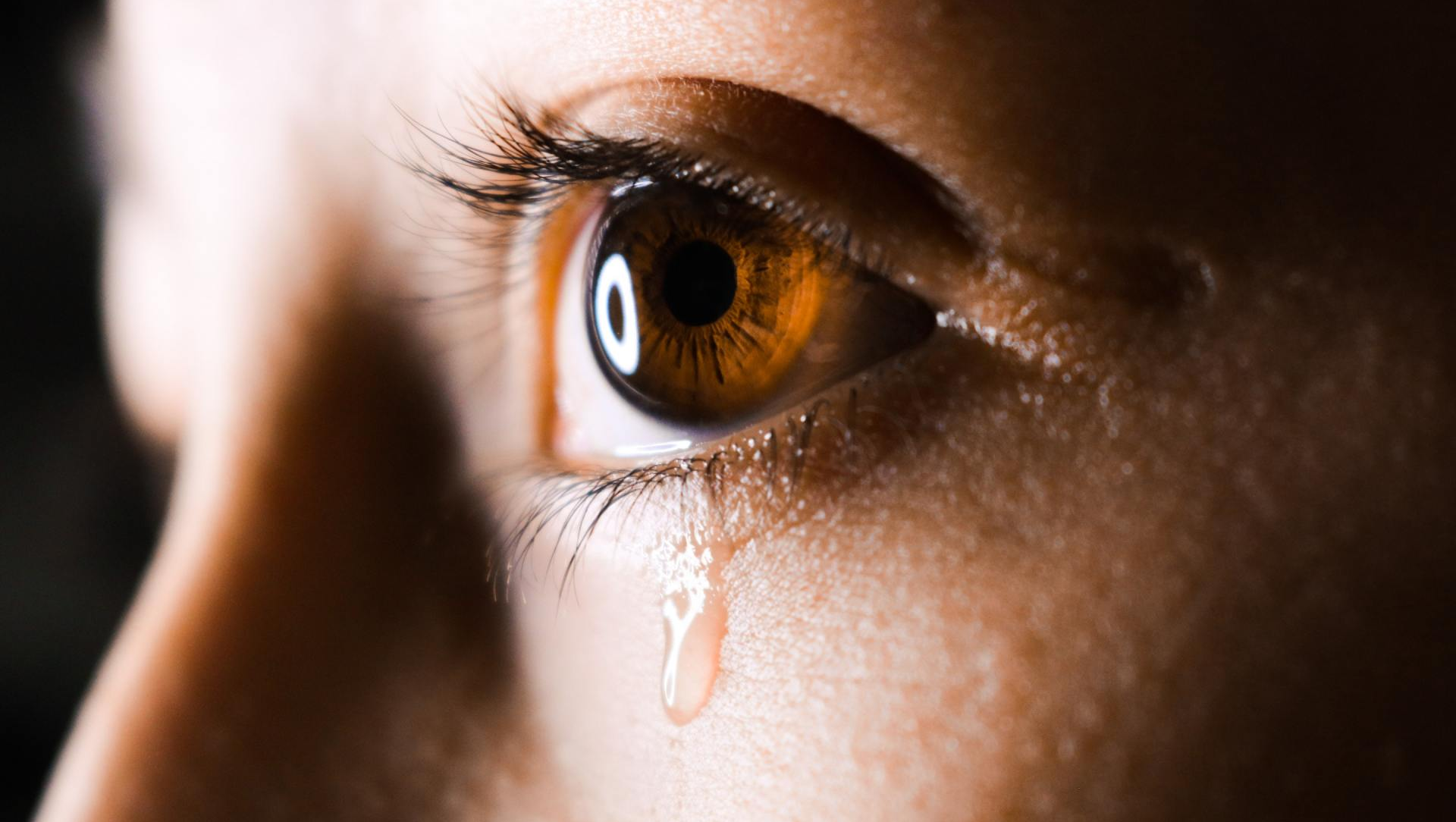The Role of Counseling in Depression, Anxiety & PTSD
Understanding Anxiety
ANXIETY is often the angsty relating to the desire for a different reality, often projected into the future. Individuals, couples, and families suffer from anxiety, usually begun by one couple/family member, spilling over into their relationships.
Anxiety shows up as fear of an undesired outcome; the difficulty facing oneself with others
(as in social anxiety.) Anxiety manifests itself as worry, worrying about events not yet transpired or the desire to avoid such activities, representative of wanting NOT to make a decision regarding future – or even present – events. Situations (even those deemed “unimportant” are stressful and lead to anxiety, similar to the dread of upcoming major life transitions (“awfulizing” the event or situation to the worst possible outcome) can have many unwanted symptoms – upset stomach or head, inability to communicate verbally or clearly, lending itself to depression, if not arrested and dealt with. Anxiety is an indication of intra or inter-personal psychic pain not yet fully defined, without a plan of action to correct. Even WITH a plan of action, anxiety can also manifest physically with attacks of panic or phobic response to situational challenges. Often, anxiety manifests from family or origin conflict or trauma. This becomes apparent in therapy with each session building upon the next.
To begin “unpacking” the thoughts, feelings and behaviors that lend themselves to anxiety starts with the trusting relationship that occurs in therapy, and are identified and assisted in a variety of methods: “homework” assignments, such as journaling or finding therapeutic ways by which to deal, situation by situation, emotion to emotion. Social anxiety can be debilitating and often is lessened by cognitive/behavioral approaches that are most successful when a trusted client-therapist relationship is established. Therapy works on itself; consistent sessions lends itself to reducing the symptoms of anxiety and panic (rapid heartbeat, inability to breathe easily, even sleep and appetite difficulties. Grounding exercises – how to eliminate these immediate symptoms are taught in therapy and utilized at home. If anxiety is extreme, psychotropic medication might be recommended. (Helen works with other healthcare practitioners, such as psychiatrists and nurse practitioners/physician assistants that can prescribe the most effective medication for each individual, although it is utilized as a last resort.
Meditation is taught and recommended, offering tremendous results without the side effects!
Exercise is also recommended, as is Omega-3 and Vitamin D. In sum, resource building for individuals, couples, and families in the present is underlined as essential, along with a nutritional food plan. (Nutrition is a vital building block to living a more joyous life!)
Understanding Depression
DEPRESSION – while anxiety may also be present, symptoms relating to depression include suicidal thoughts, self-harm thoughts or actions, low energy levels, isolation, sleep issues (either too much or too little) appetite disruption, lack of focus, anhedonia (lack of pleasure) and varies from individual to individual.
Depression often is linked to early childhood or young adulthood trauma, but of course, it may begin later in life for some. Childhood depressive symptoms involve biochemical imbalances or predisposed genetic influences or can be situational (as in dealing with a present-day mood disruption, crisis or loss of a loved one (including pets.) Prolonged tearfulness, suicidal ideation, (homicidal ideation as well.). The double bind that often exists with the realization that depressed people have difficulty following through with recommendations and THERAPY begins the journey to the first talk and feel about low mood and its impact, slowly building the desire to follow through with what might assist in healing.
Symptoms, unfortunately, maybe episodic/ periodic or debilitating in effects. Therapy is recommended: not just “talk therapy,” but trauma elimination therapy. Helen has been trained to offer eye movement desensitization therapy called Accelerated Resolution Therapy. The more acute symptoms of depression can lead to psychiatric hospitalization or intensive outpatient group therapy, as well as community resources such as support groups. Alternative treatments (acupuncture, chiropractic care, massage therapies) are recommended before pharmacological support.
Understanding PTSD (Post-Traumatic Stress Disorder)
PTSD -post-traumatic stress disorder occurs when the painful past erodes the present. This appears as traumatic flashbacks, acute and chronic anxiety and depressive symptoms and can be accompanied by tremors, panic attacks, and adverse impact on memory, such as an amnesic state of intermittent memory loss, angry/violent outbursts or self-harm behaviors. Assisted by Helen with a multi-disciplinary approach (other providers) as well as utilizing the teaching of relaxation techniques, grounding, meditation and guided imagery, as well as A.R.T. Cognitive/behavioral therapies are used, and the concept of MINDFULNESS is introduced.




















